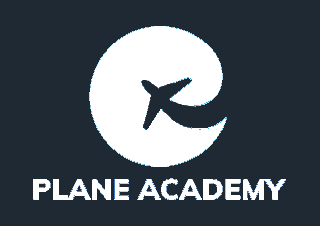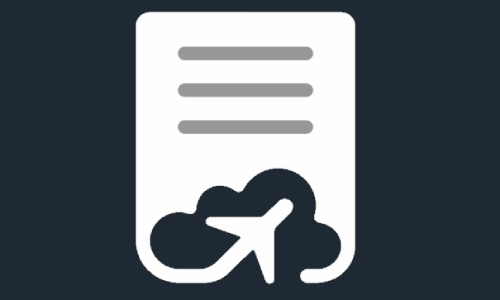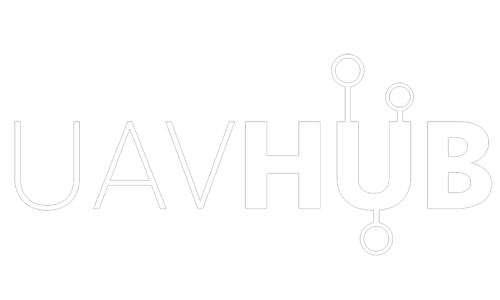Becoming a cabin crew, What you need to know about applying to be Cabin Crew? Becoming a cabin crew or flight attendant can be an absolute dream job. However, this isn’t a job for everyone.
Application process
Airlines will want to find out more about you, your skills and your potential. Most airlines have a few requirements you need to meet. Below is an example.
- Aged 18 or over
- Height 5’3” (160cm) to 6’3” (190cm)
- Fit and able to pass a medical assessment and eye test
- Able to swim 25m without assistance
- Fluent in English (spoken and written)
- Live within 90 minutes
- A confident communicator experienced and dealing with customers face-to-face
- No visible tattoos or body piercings that can’t be covered discreetly
- A good standard of education and verifiable five-year activity history
Application information
There are two ways you are likely to be asked for information.
1. Motivational Questions
2. Competency Based questions
Cabin Crew Application Tips
- Think about examples that you are proud, ones that have perhaps helped others, ones where you’ve made a difference, think of examples like that and include this in your application.
- Think about what the airline will value most (using the job description guide). Make yourself stand out.
- Think of anything (appropriate!) interesting or unusual information you can include to make yourself stand out.
- Try not just use the first answer that comes to your mind do a few drafts to make sure you are using your best personal examples.
- Get someone else to read it and give you feedback.
Cabin Crew Training
Safety and security
This is the most important part of the course, as this is the main reason why there are cabin crew on board the aircraft. Subjects being discussed during this part of the training are:
- Crew resource Management (communication within the crew) This subject covers A day in the life of CC, Human Factors, Attitudes & behaviours, Stress & stress management, Fatigue, Situational awareness/Information acquisition, Hudson River case study, Personal Learning & assessment
- Safety Equipment: Definition/type of Emergency, Planned emergencies, Ditching, Crowd control/psychology, Turbulence, Pilot incapacitation, Decompression
- Emergency Procedures (for specific aircraft)
- First Aid: Thsi subject will cover: The unconscious passenger, First Aid kits, Cardio Pulmonary Resuscitation, Shock, Fainting, Eustachian tubal function, Heat Stroke, Sunstroke, Airsickness, Choking, Asthma, Anaphylaxis, Hyperventilation Burns and scalds, Wounds, Fractures & soft tissue injuries, Cardiac conditions, DVT/Strokes, Emergency childbirth, Death on board, Diabetes, Epilepsy, Cosmic Radiation Circadian Rhythm/Fatigue/Sleep
- Dangerous Goods: This subject will cover: Security Governing Bodies, Airport planning requirements, Screening, Aircraft Security Security Searches, In flight security, Disruptive passengers, Classification of Dangerous Goods & packaging
- Emergency Procedures and Slide Evacuation
- Fire and Smoke / Wet Drills:This subject will cover: Flotation equipment, Wet drill brief, Ditching practical, Flight Time Limitations: Fire indications, triangle of fire & coordination, Fire locations & generic drills, Ground based emergency services, Search & Rescue, Survival
- Pilot Incapacitation (includes Flight Deck Oxygen Systems)
- In-Flight Medical Care
- Familiarisation Flights
- Conflict Management
- Customer Care
- Sales Techniques
- Door Operation
Customer Service
A key element of success will be the competence of cabin crew who are supposed to be motivated and self-conditioned for team success exercising intuition and dedication to ensure customer’s loyalty. Delivering customer service to a high standard is an important and challenging task. But it is also very satisfying and rewarding. In order to satisfy passengers with high-quality customer service, cabin crew members need to provide excellent customer service to passengers while ensuring their comfort and safety throughout the flight. They are trained to deal with security and emergency situations which may arise and can administer first aid to customers.
Costs
The costs for internal training course are different for each airline as well.
- Some airlines start paying a salary during the course.
- other airlines only pay after the course is complete.
- While there are also some airlines that ask their future cabin crew to pay for their training course.
Other
Cabin Crew Uniform Standards: This is another important part of the training, Since you are the face of the airline you will told what you can and cant to with your hair to your watches and how to cover up tattoos.
What you need to know about applying to be Cabin Crew?
How to Dress for your interview
- Neat and tidy hair. Women: a bun or french twist is best, with no flyways or lumps. Men: cleanly shaven, with hair styled so that no parts of the style are noticeably shorter than others (ie do not have a number one on the sides and number 3 on top)
- Cover your blemishes! It is not important to wear thick, caked- on layers of makeup, but rather to cover your imperfections and accentuate your natural features with a few clever tricks. Even men can use a light sheen powder to eliminate redness and moisture if they are feeling a little flustered or sweaty.
- Business Attire is a must. For women, it’s best to wear a skirt or dress with stockings to show off your legs! The role is largely based on image and thats from head to toe.
- Jewellery: should be kept to a bare minimum. Try to avoid wearing necklaces and bracelets, you won’t be allowed to wear them with your uniform. Stick to one pair of modest earrings per ear, and wear a watch to keep track of time, and indicate your appreciation for punctuality
- Tattoos: Unfortunately, if you have visible tattoos on your body (arms, hands, feet, legs, face, neck, ears, shoulders), most airlines will either refuse you, or alternatively make you remove/ cover them permanently. The same goes with piercings. The only acceptable ones as far as I am aware is one hole per ear.
Research your airline, Follow this guide:
- What is the airline’s mission statement?
- Where do they fly to?
- Are there any future plans for expansion or growth?
- What airports do they fly out of?
- Who are the airline’s major competitors?
One on One interview, During the interview, you are likely to be asked questions relating to the following areas:
- What you know about the role of a cabin crew member.
- The reasons for applying and why you want to join this particular airline.
- What you know about their airline.
- Challenges faced by the airline.
- Your own personal qualities and attributes.
- Your strengths and weaknesses.
Sample Questions:
- What do you think are important qualities of a Cabin Crew Member, and what can you bring to the company?
- What has been your biggest/proudest achievement in your life?
- Name three personal characteristics that best describe you?
- Describe a time when you took the initiative to accomplish something?
- When have you demonstrated good communication?
- Tell me about a time when you had to make an important decision with limited facts?
How to Answer Interview Questions:
A lot of the questions will require you to think about past work experiences you’ve had. For those who are applying for internships, apprenticeships or have no previous work experience, you can still talk about extra-curricular activities, what you achieved while being a member of a university society, or school projects you have been involved in, as an example.
The answer to these questions will usually be between a minute and three minutes long.
S – tell them what the SITUATION was
T – Explain what the TASK was that you had to do
A – Tell the interview panel what ACTION you had to take and why it was effective
R – Finally, tell the interview panel what the RESULT was following your actions. Always try to ensure that the outcome or result was positive. By following the S.T.A.R structure for responding to interview questions you will be ensuring that your responses are both concise and relevant.
Cabin Crew Jobs and Pay
All airlines vary, below are some examples:
Easy jet Salary/ wage:
Starting salary around £10.000 basic salary and around £60 per day sector day (Flight pay) (All before tax. Besides that, you will get 2.5% commission (10% for the whole crew, mostly divided by 4) from everything that is sold on board your flights.
In total you, will make around £1100-£1200 during winter months (due to flying less in the winter) and £1400-£1600 in the summer (all after tax)
British Airways Salary/Wage
Starting salary around £12.000 basic salary, Max £150 per month incentive pay (based on number of sick-days, inflight performance, etc).
Average wage is around £1200 – £1600 per month
Virgin Atlantic salary/wage
The starting salary is approx. £13.000 basic salary per year. You will receive commission on the duty free sales
On average, you will make £1050-£1200 month after tax
Ryanair Salary/ wage:
Starting Cabin Crew after tax: around €1200-€1500. This salary highly depends on your actual flying hours. When you are on standby (without flying) a lot or are sick for some time, you might earn less than €1000. Ryanair contract Cabin Crew Supervisor after tax: €1500-€2000.
When you are working on a Ryanair contract, your basic salary will be higher. Therefore, being on standby or being sick, will not result into a substantially lower salary.
Cabin Crew Union
Unite Union
In the UK Unite is the only union for cabin crew encompassing not only crew employed for UK airlines but also those who are based in the UK for non UK airlines.
The largest collection of cabin crew members within the sector are those in the British Airlines Stewards and Stewardesses Association (BASSA) branch closley followed by crew employed at Virgin Atlantic, easyJet Thomson etc.
BASSA
The British Airlines Stewards and Stewardesses Association (BASSA) is a branch of Unite exclusively for British Airways cabin crew. Our membership is approximately 10,000, which makes us the largest branch of Unite.
BASSA is an active and progressive union, which is entirely staffed by elected representatives, all of whom work as BA cabin crew. We are therefore fully involved in every aspect of cabin crew working life, including rosters and scheduling, pay, hotels, allowances and all working agreements and conditions
